Anti Embolism Stockings & Socks
A type of compression sock, anti-embolism stockings provide graduated pressure to reduce risks for venous and lymphatic medical problems and related complications. Leading manufacturers of these support stockings include Covidien, Kendall, TED Hose, Mediven, Carolon, Mckesson, AlbaHealth, DJ Orthopedics, Encompass Group, Dr. Comfort and Truform.
For patients, wearing anti-embolism stockings helps prevent blood from pooling in the legs. When blood gathers in this region — a symptom of varicose veins and chronic venous insufficiency — clots may result, and venous thrombosis or deep vein thrombosis may develop. Venous thrombosis occurs when a blood clot forms in the deep veins near the body’s skeletal parts surrounded by muscle. The legs, as well as the arms, are a very common place for these clots. If not managed properly, blood clots can lead to pulmonary embolism, which is often fatal.
-
Cost-Effective
AlbaHealthAlbaHealth C.A.R.E Anti-Embolism Compression StockingsPRODUCT HIGHLIGHTS
- Available in pairs or boxes
- Comes in variety of sizes and colors
- Closed-toe anti-embolism stockings
- Prevents post-surgery blood clots
- Treats varicose and spider veins
-
Highly Reviewed
Cardinal HealthTED Hose Thigh High Open Toe Anti-Embolism Compression Stockings - Latex-FreeProduct Highlights
- Comfortable even during all day wear
- Wide selection of sizes and styles for perfect
- Latex-free
- Additional support at stretch and bunch areas for added comfort
-
Best in Class
Cardinal HealthTED Knee High Open Toe Anti-Embolism Compression StockingsProduct Highlights
- Provides all-day, graduated compression
- Clinically proven to reduce thromboembolic disease
- Helps prevent the danger of pulmonary embolism
- Full-foot with open toe design


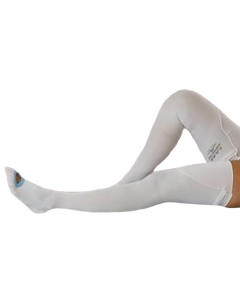
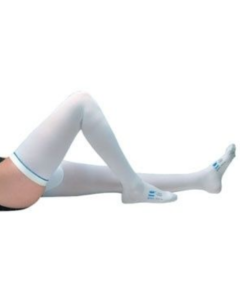

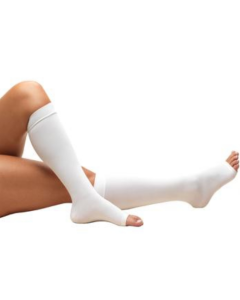
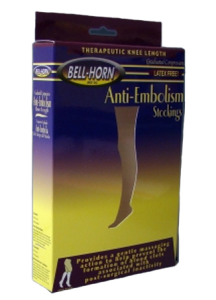
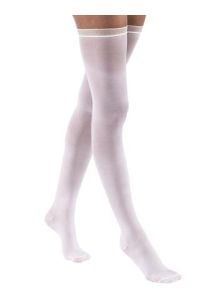
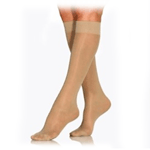
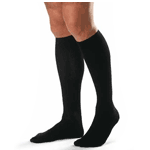

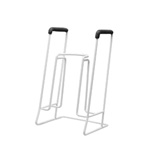
Login and Registration Form